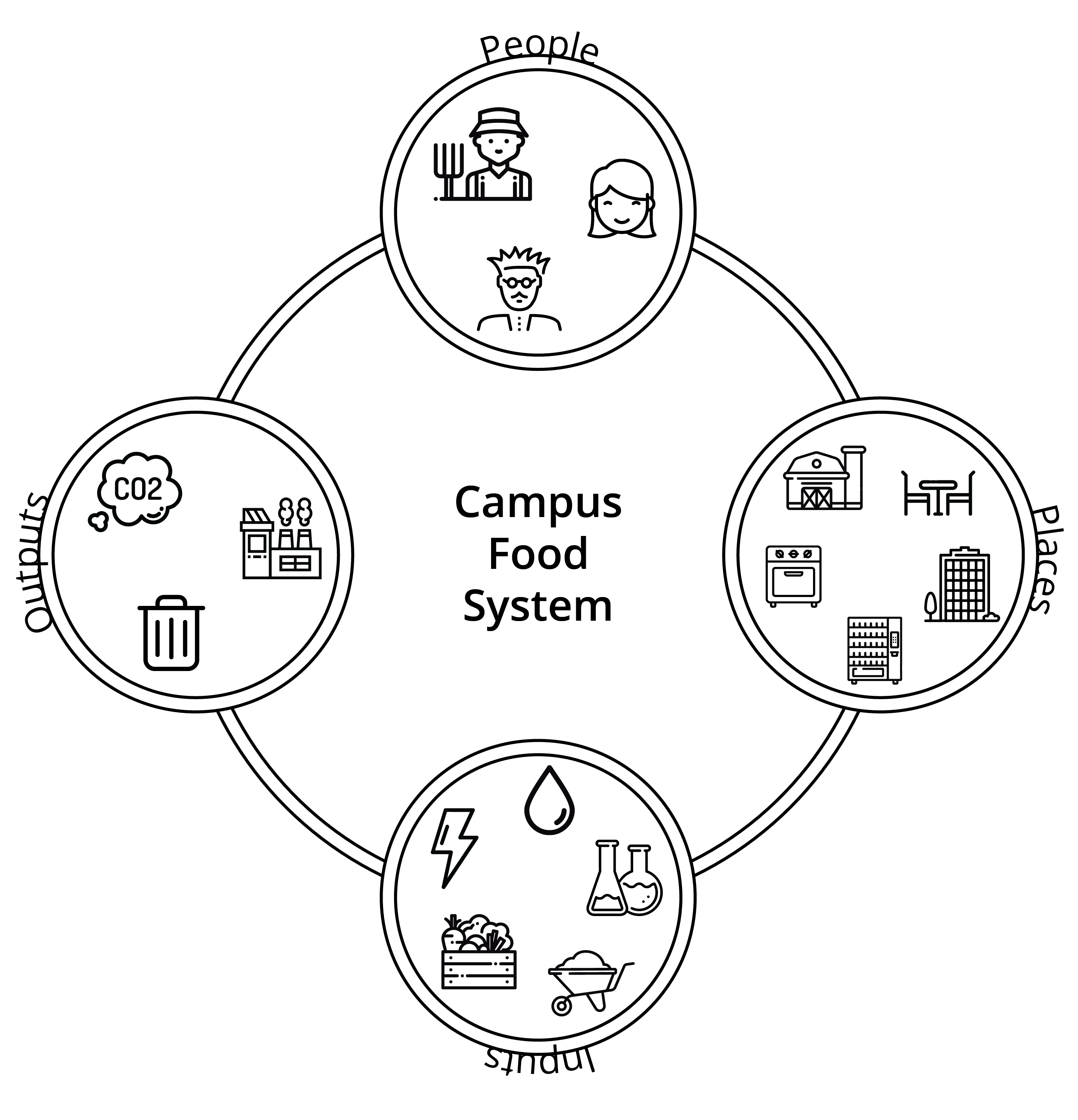Food and Sustainability Working Group
Food and Sustainability Working Group
A cultural, administrative, and environmental exploration of the MIT food system to advance a sustainable MIT
About the Working Group
The Food and Sustainability Working Group at MIT set out in fall 2017 to recommend concrete strategies for how the MIT campus can further provide access to healthy, affordable food through systems and processes that consider the health, social, and environmental impacts of food procurement, production, consumption, and waste on campus. As a research institution with a growing commitment to climate action, the working group will also identify ways to activate the campus as a living laboratory for achieving a sustainable, urban food system on campus.
Timeline and Process
The working group commenced in October 2017 with monthly meetings and will conclude in June 2017. Final recommendations will be delivered to the Executive Vice President and Treasurer’s Office and the Division of Student Life. Membership includes representatives from the following departments, labs, and centers: Anthropology, Capital Construction, Office of Campus Planning, Division of Student Life, J-WAFS, Open Ag at the Media Lab, MIT Medical, Sandbox, VPF Sourcing and Procurement, the Sloan School of Management, and the Office of the EVPT.
Focus of Recommendations
Based on an initial scoping of opportunities within the MIT food system, recommendations will explore how the Institute can:
- Become a leader in sustainable campus food systems;
- Build community and mindful eating through the design of food spaces and procurement of sustainable food;
- Incorporate equity, justice and health more prominently into the MIT food system;
- Connect the MIT food system with the city and regional network of food growers, businesses, and partners;
- Advance urban agriculture and resiliency to climate change on and around campus;
- Leverage MIT’s unique skills, technologies, and resources to become an on-site living laboratory for sustainable food practices;
- Identify areas of research collaboration with faculty, staff, and students to support MIT as a living laboratory that drives innovation and excellence in food system sustainability;
- Identify metrics to quantify and measure progress of social, environmental, and health impacts of the food system.



